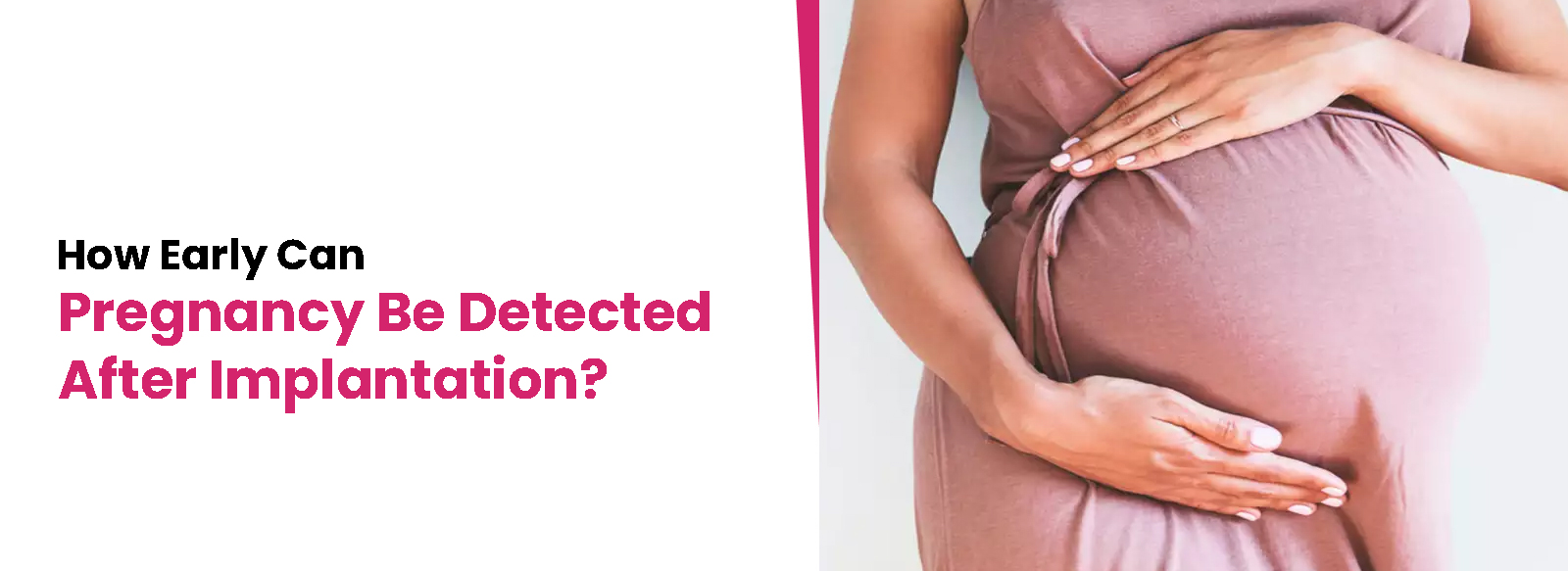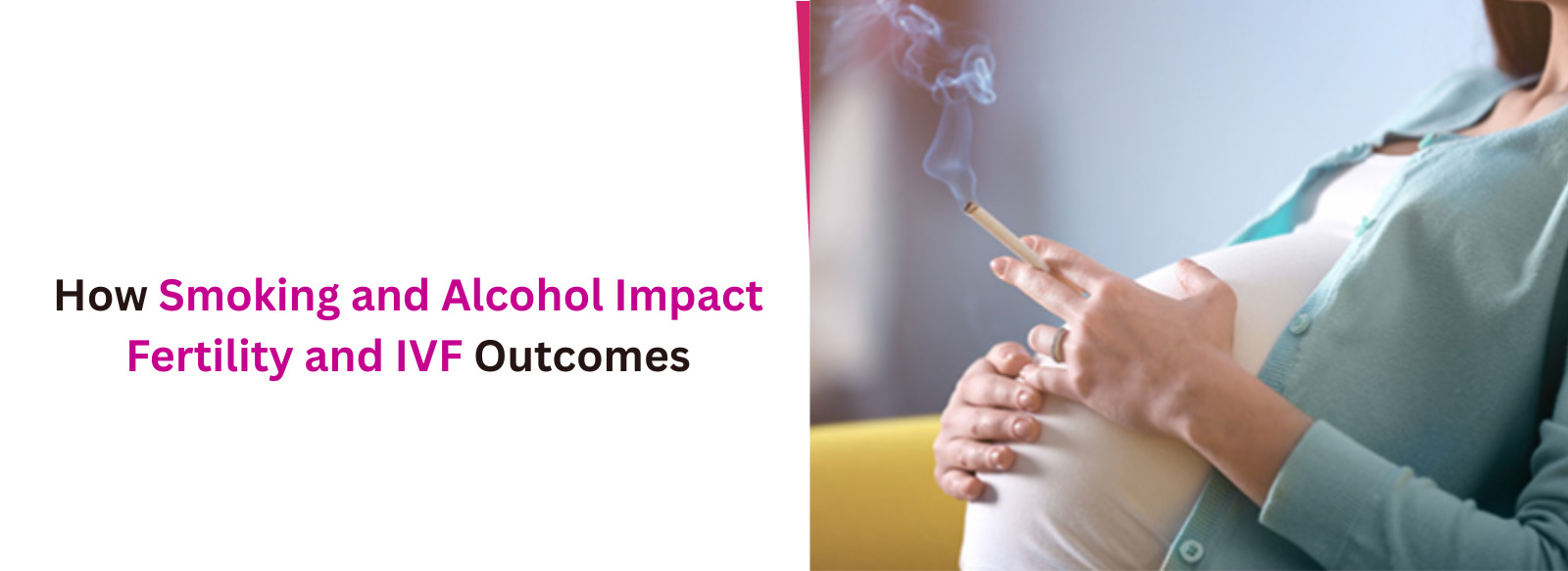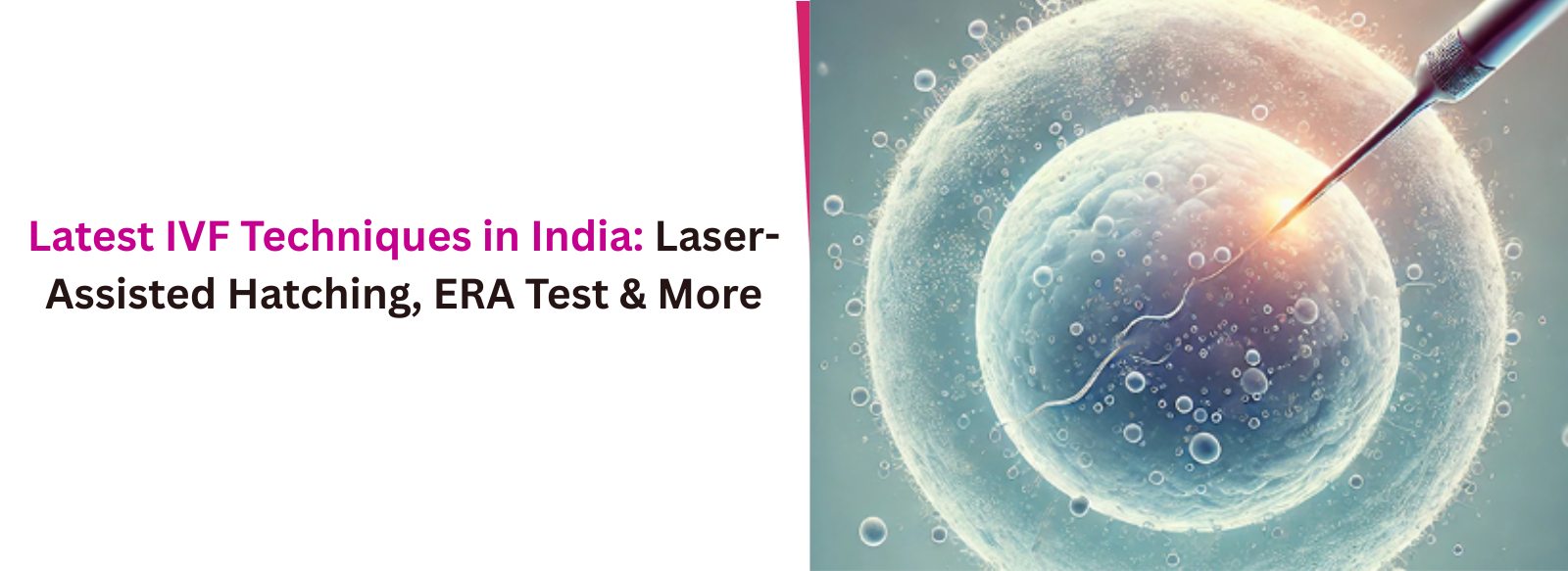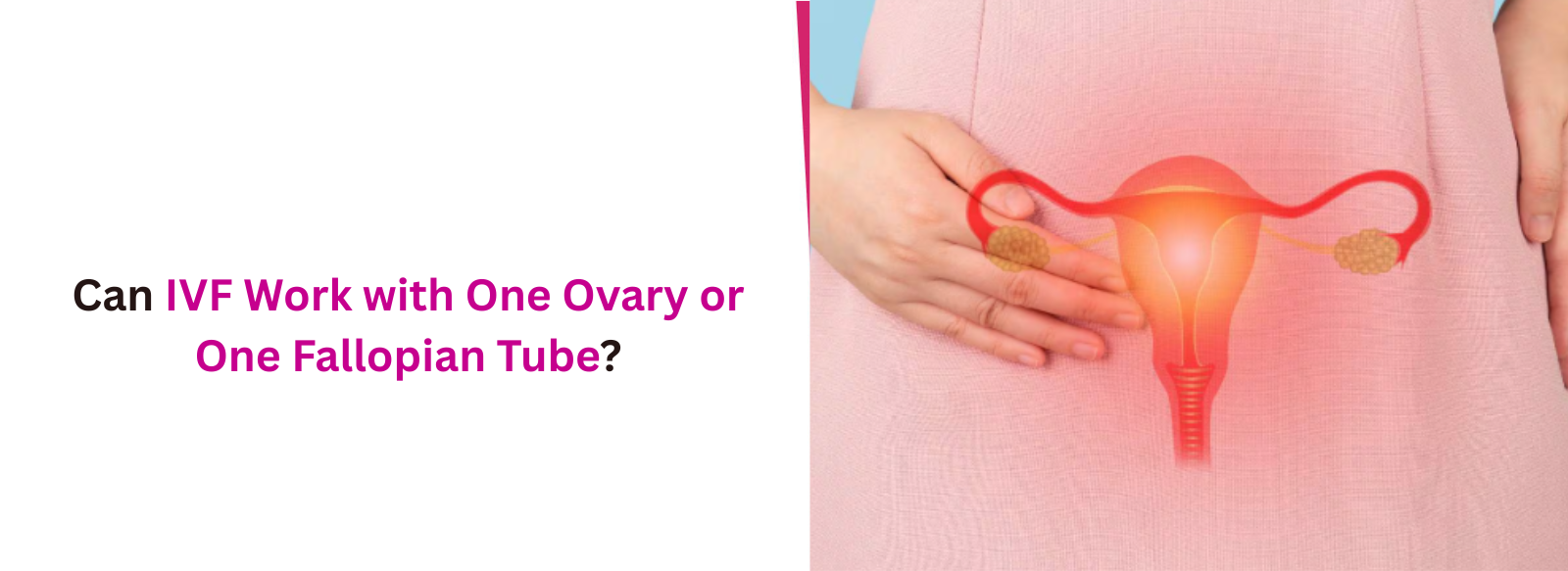Egg Implantation Process
Implantation is when a fertilized egg attaches itself to the uterus lining, marking the start of pregnancy. This usually happens 6 to 10 days after ovulation, meaning it occurs before a missed period. Once implantation happens, the body begins producing hCG hormone, which helps confirm pregnancy.Common Implantation Symptoms
Some women notice mild signs, while others feel nothing. Common symptoms include:- Implantation spotting: Light pink or brown discharge, lasting a day or two.
- Mild cramps: Similar to period pain but lighter.
- Fatigue: Sudden tiredness due to hormonal changes.
When Does the Body Start Producing hCG?
After implantation, the body begins releasing human chorionic gonadotropin (hCG), the hormone responsible for pregnancy detection. This hormone signals the body to stop menstruation and supports early pregnancy development. The role of hCG in pregnancy detection includes:- hCG is what pregnancy tests detect to confirm pregnancy.
- Blood tests can detect hCG earlier than home urine tests.
- Rising hCG levels ensure the pregnancy is progressing normally.
Earliest Signs of Pregnancy After Implantation
Once implantation happens, the body starts showing subtle signs of pregnancy. While some women feel changes immediately, others may not notice symptoms until later. symptoms that may indicate early pregnancy are:- Implantation bleeding: Light spotting, unlike a regular period.
- Mild cramps: Gentle twinges, different from strong period pain.
- Fatigue: Sudden tiredness due to rising hCG levels.
- Breast tenderness: Increased sensitivity and slight swelling.
How Soon Can You Take a Pregnancy Test?
Timing is key when checking for pregnancy. While some tests claim early detection, accuracy depends on hCG levels in your body. Between a blood test and a home urine test, which is more accurate?- Blood Test: Detects hCG as early as 7 days after implantation, offering the most accurate results.
- Home Urine Test: Best taken 10-14 days after implantation, as hCG needs time to build up in urine.
Accuracy of Early Pregnancy Tests
Early pregnancy tests help confirm pregnancy, but their accuracy depends on several factors, including the sensitivity of the test. Following is the sensitivity of different pregnancy tests:- Blood tests are highly sensitive and can detect hCG earlier than urine tests.
- Home pregnancy tests vary in sensitivity; some can detect pregnancy as early as 7-10 days after implantation.
False Negatives: Why They Happen and What to Do?
A false negative occurs when a test shows negative despite being pregnant. This can happen if:- Testing too early when hCG levels are still low.
- The test is expired or improperly used.







